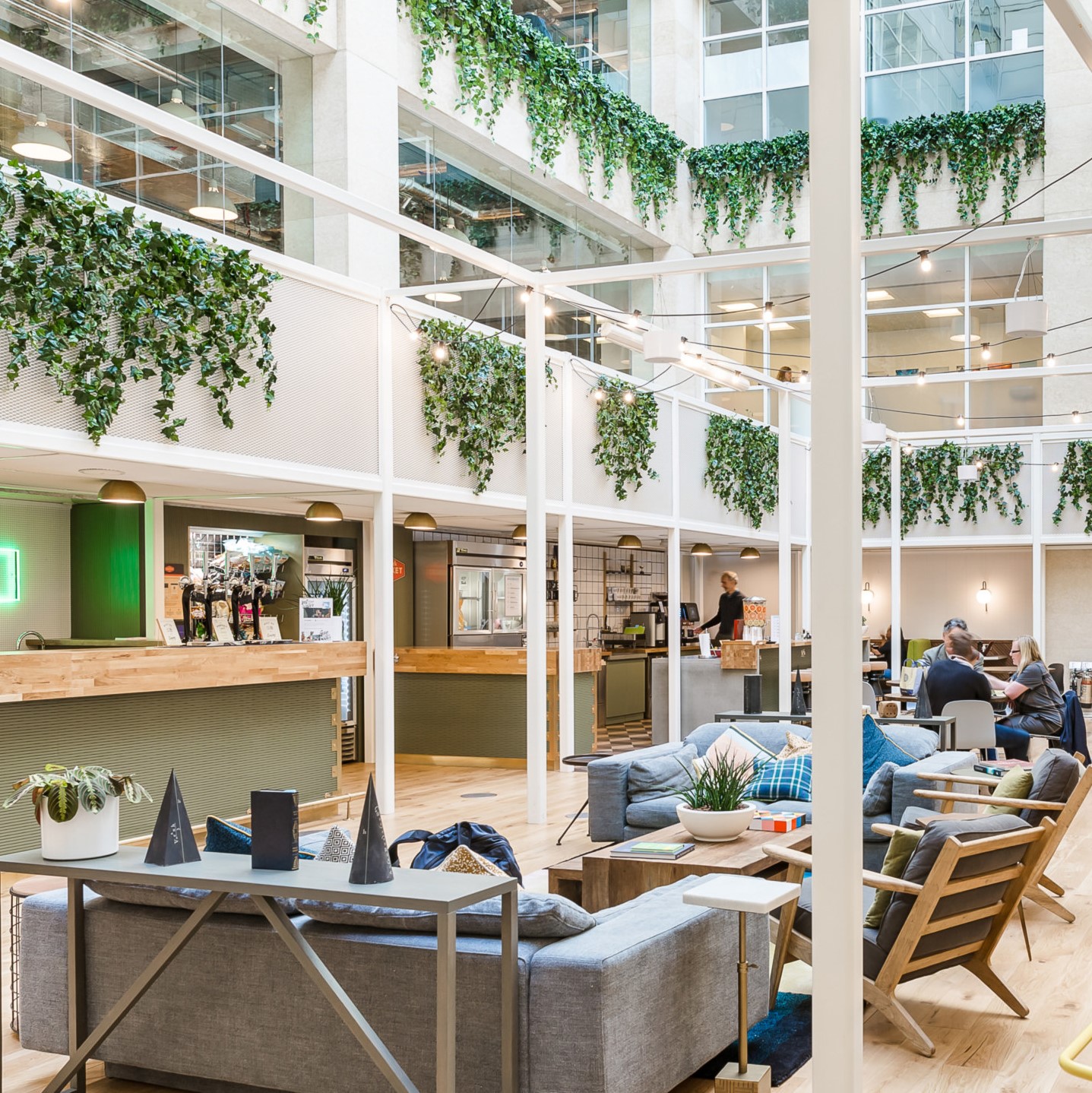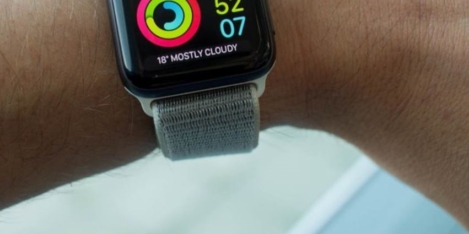To provide the best experiences, we use technologies like cookies to store and/or access device information. Consenting to these technologies will allow us to process data such as browsing behaviour or unique IDs on this site. Not consenting or withdrawing consent, may adversely affect certain features and functions.
The technical storage or access is strictly necessary for the legitimate purpose of enabling the use of a specific service explicitly requested by the subscriber or user, or for the sole purpose of carrying out the transmission of a communication over an electronic communications network.
The technical storage or access is necessary for the legitimate purpose of storing preferences that are not requested by the subscriber or user.
The technical storage or access that is used exclusively for statistical purposes.
The technical storage or access that is used exclusively for anonymous statistical purposes. Without a subpoena, voluntary compliance on the part of your Internet Service Provider, or additional records from a third party, information stored or retrieved for this purpose alone cannot usually be used to identify you.
The technical storage or access is required to create user profiles to send advertising, or to track the user on a website or across several websites for similar marketing purposes.
 This week is Clerkenwell Design Week amongst other things, and as part of it I chaired a discussion on Tuesday about acoustics at work in the showroom of Flokk and their effect on wellbeing. We were fortunate to have a panel that involved the likes of Nigel Oseland, Michelle Wilkie of tp bennett, Joachim Schubert of Offecct and Lee Jones of Wellworking as well as an informed audience, if for no other reason than everybody’s ability to talk about the subject as complex and multi-faceted and, to some extent, hardwired. (more…)
This week is Clerkenwell Design Week amongst other things, and as part of it I chaired a discussion on Tuesday about acoustics at work in the showroom of Flokk and their effect on wellbeing. We were fortunate to have a panel that involved the likes of Nigel Oseland, Michelle Wilkie of tp bennett, Joachim Schubert of Offecct and Lee Jones of Wellworking as well as an informed audience, if for no other reason than everybody’s ability to talk about the subject as complex and multi-faceted and, to some extent, hardwired. (more…)
















 Employers need to better understand the needs of younger candidates, particularly that of flexible working, says Gartner, after its latest Global Labor Market Survey claims that a rise in Gen Z candidate’s regrets is leading to high turnover, low engagement and low productivity. According to the survey, 40 percent of Gen Z respondents reported that they would not repeat their decision to accept the job offer they had accepted and only 51 percent said they could see themselves having a long career at their organisation. More than one-third of candidates who regret their decision intend to leave their position within 12 months.
Employers need to better understand the needs of younger candidates, particularly that of flexible working, says Gartner, after its latest Global Labor Market Survey claims that a rise in Gen Z candidate’s regrets is leading to high turnover, low engagement and low productivity. According to the survey, 40 percent of Gen Z respondents reported that they would not repeat their decision to accept the job offer they had accepted and only 51 percent said they could see themselves having a long career at their organisation. More than one-third of candidates who regret their decision intend to leave their position within 12 months.


 Employers are having to be more flexible to fill vacancies as buoyant demand for staff is creating recruitment challenges. Two in five (41 percent) employers say it has become more difficult to fill vacancies in the past year, while three in five (61 percent) employers said that at least some of their vacancies were proving hard to fill. However, according to the latest Labour Market Outlook from the CIPD and the Adecco Group despite the tightening labour market, this confidence has yet to translate into significant salary increases for all but new starters and those with key skills.
Employers are having to be more flexible to fill vacancies as buoyant demand for staff is creating recruitment challenges. Two in five (41 percent) employers say it has become more difficult to fill vacancies in the past year, while three in five (61 percent) employers said that at least some of their vacancies were proving hard to fill. However, according to the latest Labour Market Outlook from the CIPD and the Adecco Group despite the tightening labour market, this confidence has yet to translate into significant salary increases for all but new starters and those with key skills.













